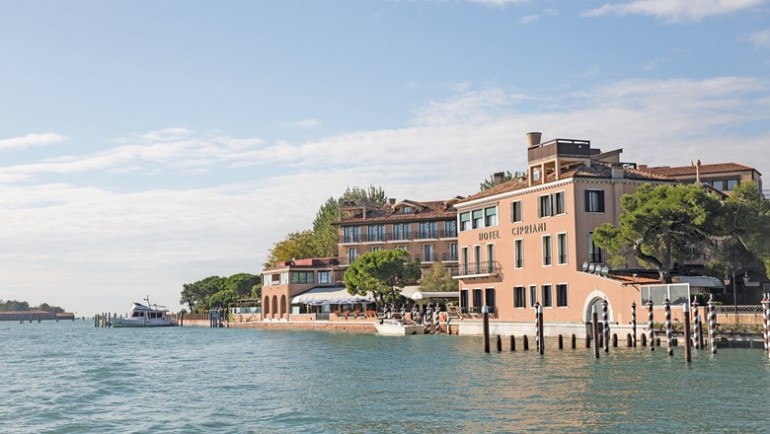Sponsored Listings:
Although luxury hospitality group Belmond has been plagued by financial woes, robust demand for upscale properties could make Belmond an attractive acquisition for the right buyer.
The company recently stated that it was exploring strategic options.
“Global investors, in light of low interest rates, high valuations and a scarcity of quality assets, appreciate the enduring value of luxury real estate,” said Belmond chairman Roland Hernandez on an Aug. 9 call with investors. He added that “the marketplace for luxury hotels today is very strong.”
Belmond’s stable includes some 45 restaurants, hotels, trains and river cruises across more than 20 countries. Among the group’s more famous holdings are the Belmond Hotel Cipriani in Venice and the Belmond Copacabana Palace in Rio de Janeiro as well as the 21 Club restaurant in New York and Venice Simplon-Orient-Express train service in Europe. (The company previously operated its hotels under the Orient-Express banner but rebranded them with the Belmond name in 2014, retaining the Orient Express brand solely for its Venice Simplon-Orient-Express train.)
Many of the group’s properties hold historical cachet, with part of the Belmond Hotel Cipriani property, for example, dating back to the 15th century.
Given Belmond’s sprawling portfolio, hospitality consultant Bjorn Hanson predicted last week that major hotel groups would find an acquisition of the entire business unwieldy.
“Does a company really want to be in the hotel real estate, hotel management, hotel branding, rail, river cruise and restaurant businesses?” Hanson said. “There are companies of scale that touch on some of these sectors, but they don’t really operate businesses across all these sectors in a meaningful way. The most likely scenario is that a private equity fund buys Belmond, does things to clean up and cut expenses and then sells off parts of the business.”
Another possible scenario could involve several buyers, such as AccorHotels, InterContinental Hotels Group and Hyatt, making offers on pieces of Belmond’s business, with the remaining assets being reorganized into a more compact company. That outcome, however, is less probable and less likely to maximize value for Belmond shareholders, Hanson said.
Belmond reported a $1.5 million net loss in the second quarter, and it lost $16.5 million in the first half of 2018. The company, which suffered hurricane-related closures at its Caribbean properties Belmond Cap Juluca and Belmond La Samanna last year, lost $45.1 million in 2017. Belmond was also forced to temporarily shutter the 21 Club following water damage earlier this year.
Despite Belmond’s ongoing struggles, Hanson said there remains plenty of upside for what he calls the group’s “trophy” properties.
“Right now, luxury is among the strongest-performing segments of the lodging industry, and luxury is also having very limited to almost no supply growth,” Hanson said. He estimated that a sale of the Belmond business could easily top $2 billion.
“Even if supply were to grow, what could be built today is not going to be equivalent to Belmond’s current assets,” he said. “The cost of developing the architectural marvels that some of these hotels represent can’t be replicated at any reasonable cost.”
Source: travelweekly.com










